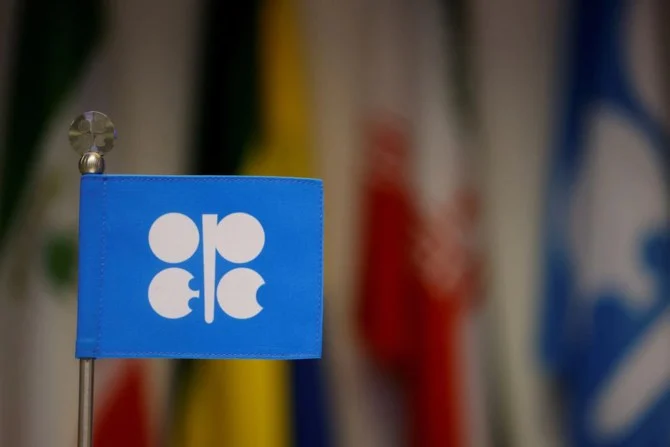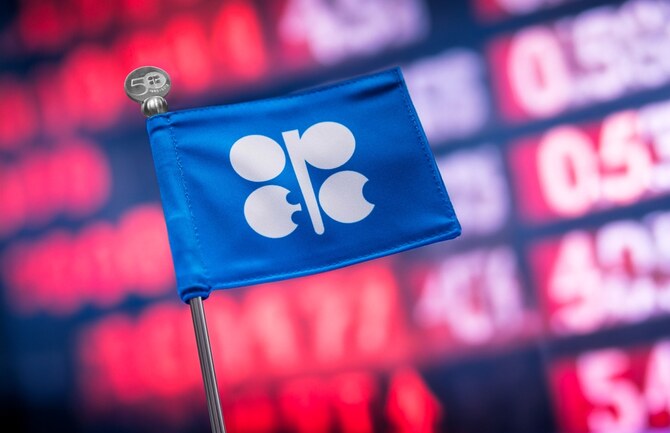RIYADH: OPEC+’s management of spare capacity reduced crude oil price volatility by up to 50%, both before and during the COVID-19 pandemic, according to a new study published by King Abdullah Petroleum Studies and Research Center (KAPSARC) in the Energy Journal.
The study “Oil Market Stabilization: The Performance of OPEC and Its Allies” further highlights that, OPEC+’s market-stabilization efforts appear to have lifted the average price from $18 to $54 during the pandemic demand shock, but to have decreased the average price before the pandemic by $2.50, Saudi Press Agency reported.
The reduction in oil price volatility lowered macroeconomic costs of adjustment to the pandemic and contributed to higher social welfare.
The study developed an economic mode to calculate the crude oil price that would have prevailed if OPEC+ had not attempted to stabilize the oil market using its spare capacity.
“OPEC’s role has been critical in reducing price volatility directly— by acting as a swing producer that offsets shocks to supply and demand. Its spare capacity policy is an effective tool to achieve this strategic objective,” KAPSARC President Fahad Alajlan said.
“The value to the world economy of stabilizing the oil market is substantial. In a previous peer-reviewed study, we calculated that OPEC’s management of its spare capacity annually increased world’s GDP by almost $200 billion,” Research Fellow and report co-author Hossa Almutairi said.
The economic importance of stabilizing the price of oil derives from the rigidity of global oil demand and non-OPEC oil supplies. Any shock to supply or demand requires a relatively large price adjustment to restore market equilibrium, SPA reported.
The negative impact on the global economy of the resulting price volatility was amplified by oil’s position as the leading commodity in international trade.
“The period covered by our study ends in August 2021, but I believe that OPEC+’s market stabilization efforts have consistently continued until today. We will quantify their impacts with our model once sufficient data is available,” Axel Pierru, Energy Macro & Microeconomics Program Director, said.






















